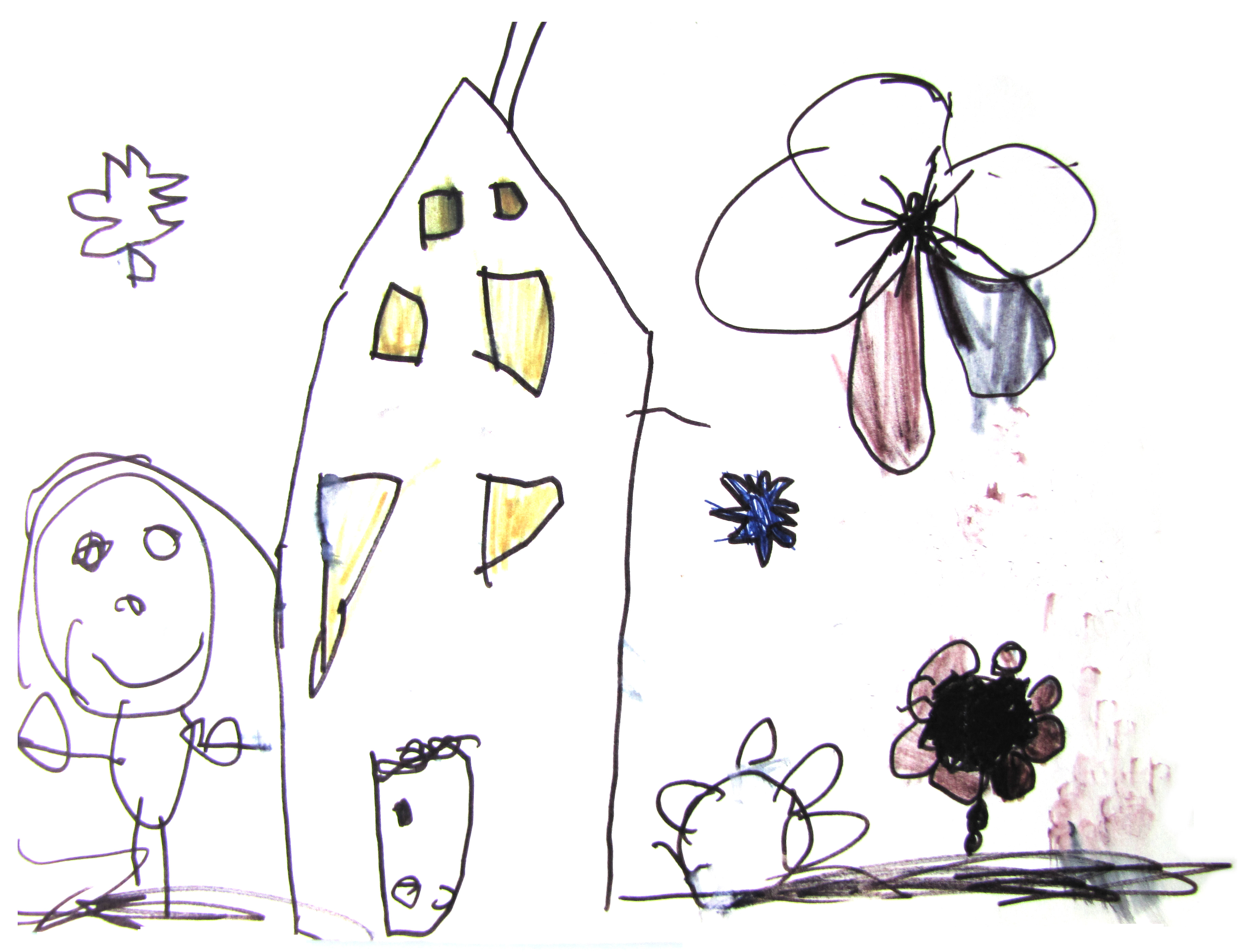|



Montessori Philosophy
What is a Montessori Education?
The Montessori approach is not just an education but a whole philosophy. A holistic approach which aims to develop the whole child. Maria Montessori believed that every children has inner needs and it is the duty of the directress (teacher) to provide a stimulating prepared environment for the children to become an independent learner. It is through engaging the apparatus that the concepts being discovered, and a sense of joy found in every achievements.
Montessori Education Origins
Maria Montessori developed her unique education methods at the beginning of the 20th century after observing and working with socially deprived children. She designed her classroom so that everything, chairs, tables and equipment, were accessible for all children. She created specially designed materials and resources for use in aiding the learning of complex concepts in Mathematics and Language as well as providing many ‘real life’ practical lessons to encourage young children to become independent. Her first school was known as ‘Casa de Bambini’ meaning ‘Children’s House’. Maria Montessori’s pedagogy became internationally renowned after she travelled around the world educating teachers using her methods.
How is the Montessori Approach Different from other Educational Methods?
The core of the Montessori approach is the idea of ‘help me, to help myself.’ Maria Montessori believed in the importance of providing children with knowledge and understanding to do things for themselves as well as helping each other. All Montessori classrooms are vertically grouped with a three-year span of children within, so that older children would help the younger children learn in a way that a teacher could not replicate, and this approach helps children to recognise the value of being helpful, thoughtful and mindful to others.
The Key Benefits of a Montessori Education
Montessori education offers an unique enabling environment which truly follows the child through his own discovery and learning, directress looking out for the child's sensitive periods in order to help him to develop and progress in his own pace. Maria Montessori believed in following a child’s interest at that moment in time, encouraging and exploring that interest in great depth until the child feels he has satisfied his inner need. This approach develops a child’s true independence and the love of learning, and this characteristic of learning is important in education.
Montessori Curriculum Areas
Montessori curriculum divides into six distinctive areas; Everyday Living Activities (ELA) formerly known as Practical Life Activities, Sensorial Activites, Mathematics, Language and Knowledge and Understanding of the World.

